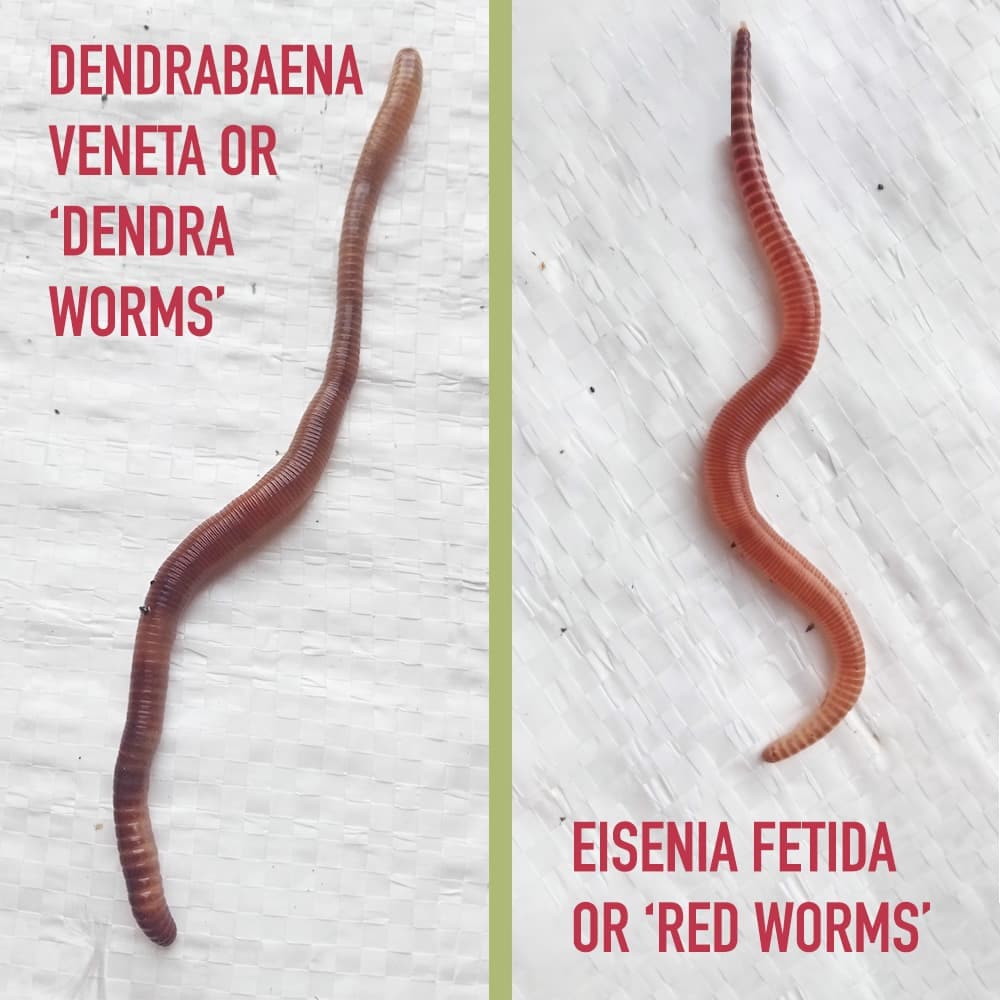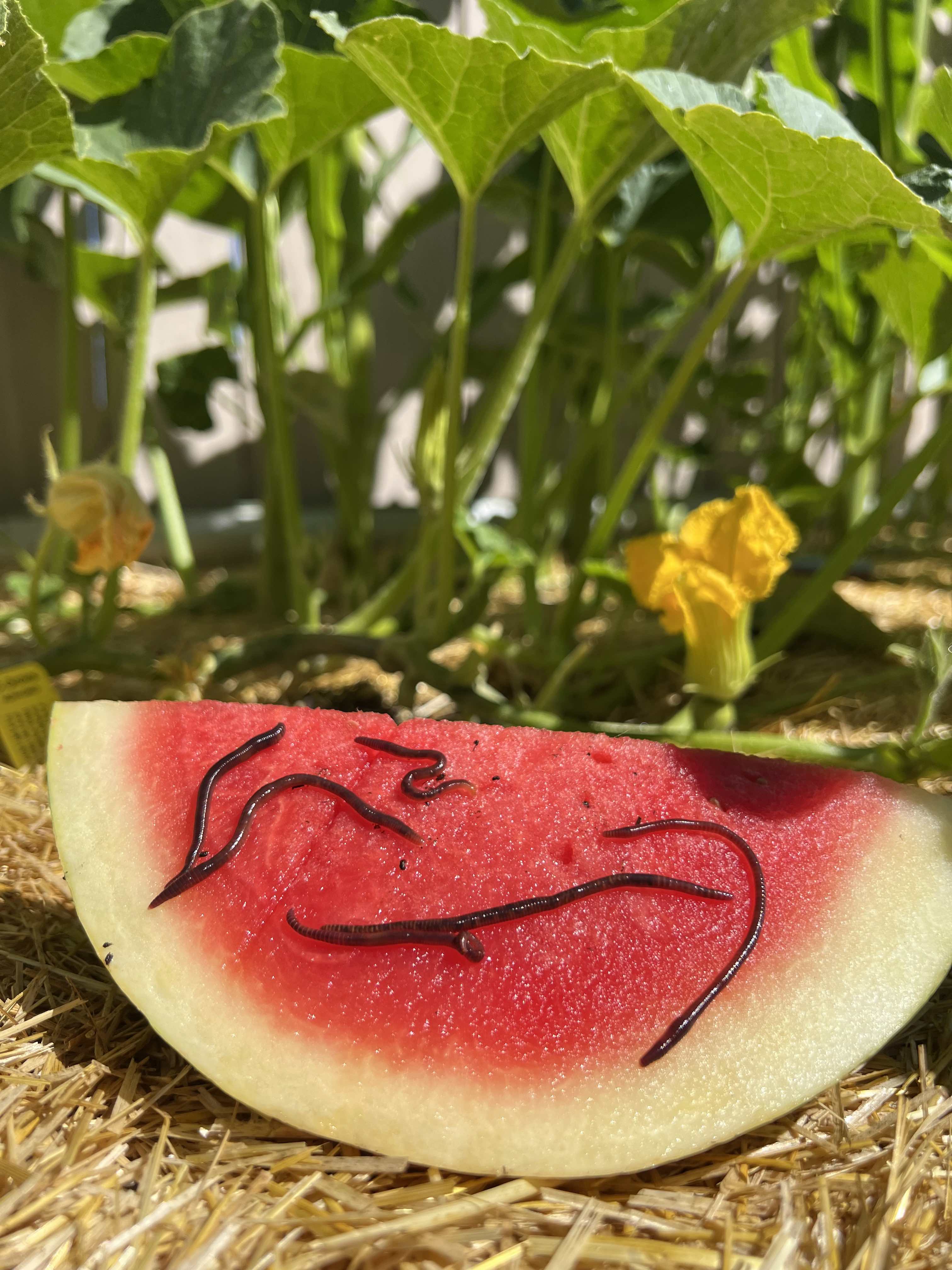The smart Trick of Red Wiggler Express That Nobody is Discussing
The smart Trick of Red Wiggler Express That Nobody is Discussing
Blog Article
The Red Wiggler Express Diaries
Table of ContentsNot known Facts About Red Wiggler ExpressIndicators on Red Wiggler Express You Need To KnowExcitement About Red Wiggler ExpressNot known Details About Red Wiggler Express Red Wiggler Express Things To Know Before You Get This
And the thriving Red Worm population? Also in the load that was established up straight in front of yard composters with existing Red Worm nests.
Numerous ranges, consisting of Red Wigglers, European Nightcrawlers, and Lumbricus types were brought over from the European continent. However below's the thingNative or otherwise - and as talented as they are at having the ability to make it through in a wide-range of environments and conditions -. Simply put, they are much a lot more likely to socialize in any active composting systems you have established up, than they are to stroll off and start ruining the environment.
Origins call for oxygen for respiration and rely upon smooth air movement within the dirt to prosper. When it rainfalls, soil can become saturated with water, reducing the oxygen readily available and impeding nutrient absorption. To keep an ideal balance, the dirt should allow water to drain pipes appropriately, leaving adequate area for air to sustain origin health
Little Known Questions About Red Wiggler Express.

When it comes to worms for composting, what comes to mind? If you were an earthworm dog breeder, dealership, or simple garden enthusiast, then you would certainly know that red wiggler worms are the perfect worms for vermicomposting. To read more concerning these earth wonders, checked out some of the red worm facts below.
(https://directory9.biz/details.php?id=267728)If they stretch their bodies, you'll be able to see the stripes on their skin. When elevating worms such as red wiggler worms, you need to have the ability to understand exactly how to profit them. When you're able to keep and look after their habitat well, and likewise feed them the ideal kinds of natural wastes, after that they'll be able to produce nutrient-packed and quality-rich worm spreadings for you (likewise referred to as worm poop or compost).
The 5-Second Trick For Red Wiggler Express
What do worms consume? Well, these red wriggler worms can be fed with kitchen scraps and yard wastes. Any kind of rotting natural stuff will certainly do like vegetable and fruit peels, smashed egg coverings, used tea bags, coffee premises, turf trimmings, dry fallen leaves, and others. Yet make sure not to feed them foods items that are oily, citrusy, or has meat or dairy in them. Where To Buy Worms.

This habits makes them appropriate forever in worm bins, compost heap, and other confined spaces where organic waste is bountiful. Developing an optimum atmosphere for red wigglers needs a thoughtful method. Think about the adhering to crucial components to look after red wigglers in the house and ensure their well-being: Use a bed linens of shredded paper or cardboard.

Red wiggler worms reproduce by laying little, lemon-shaped eggs in protective cocoons. These cocoons are usually deposited in the bedding and hatch into baby worms within a couple of weeks.
The Buzz on Red Wiggler Express
Their versatility and resilience have made them a preferred option for vermicomposting in numerous areas around the world. Yes! They can endure from a series of 32F to 90F. They are incredibly adaptable animals. Take into consideration protective procedures for very extreme temperature levels such as: Insulating the worm bin with layers of straw or leaves.

When caring for your red wigglers it is very important to keep in mind to: 1) K.I.S.S (Keep it Simple) and 2) everything in small amounts. These policies relate to feeding your compost worms, sprinkling your worm containers, and almost every little thing else entailed in taking care of them. Just bear in mind - you can constantly include more food later on (but it's tough to eliminate feed once it's been contributed to a container!).
Because I fed the red wigglers and garden compost worms excessive, they weren't able to maintain and in time the older food went leftover and produced anaerobic problems that killed the worms. Fortunately is that there are very basic actions you can require to ensure this doesn't occur! Right here're the 6 principles for how typically and just how much to feed your worms: Guideline # 1: Small amounts! You can always include even more food later.
A Biased View of Red Wiggler Express
Uneaten food will cause anaerobic problems that will certainly eliminate your real-time worms. It is alright to spray a little of their initial bedding (which should already be in the bin) over the food, but the food ought to never be buried and ought to be noticeable to your eye. Guideline # 5: See policy # 1! Regulation # 6: After the initial feeding, feed the worms 1/3 to 1/2 of their weight.
Report this page